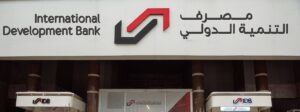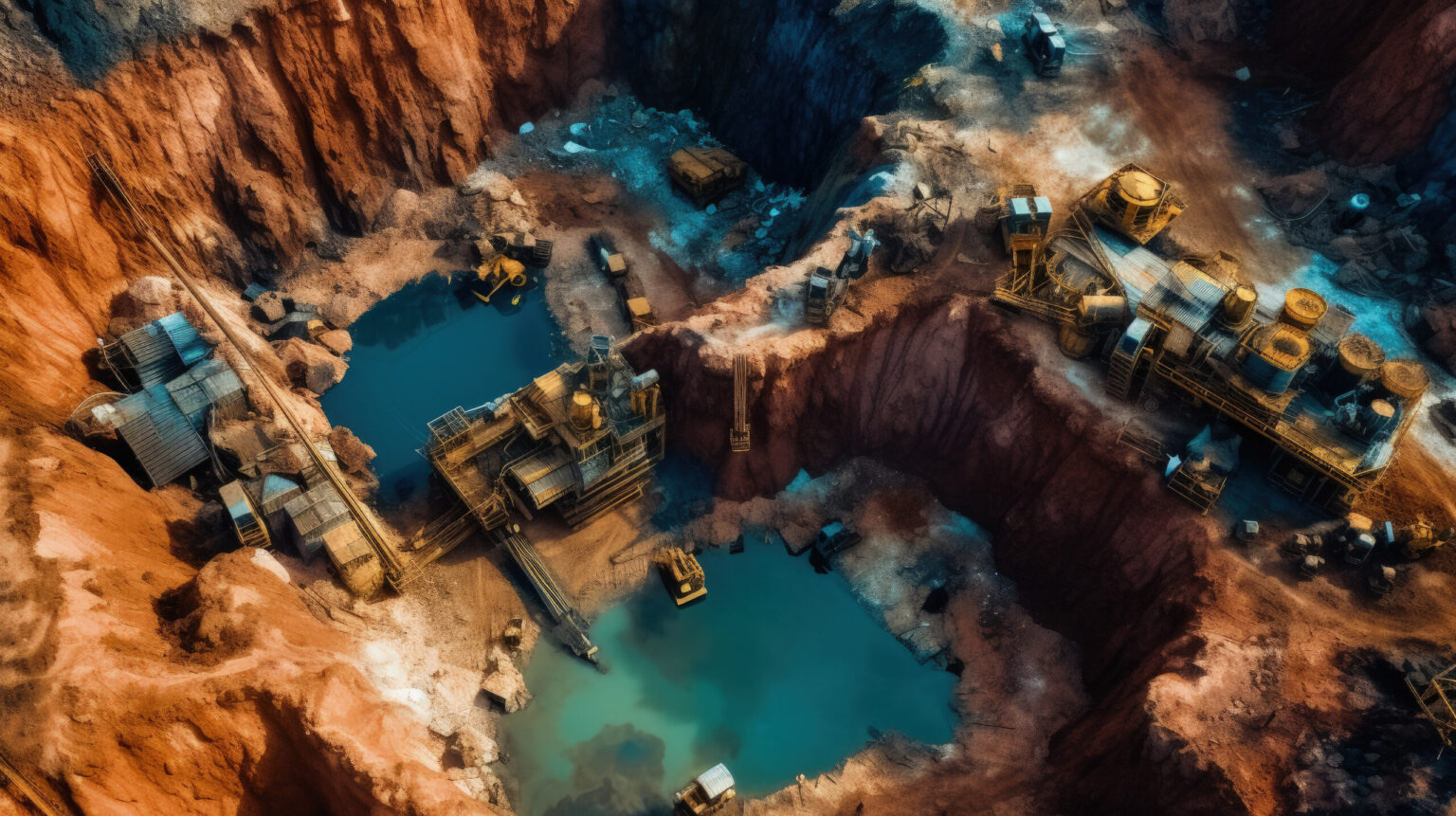- The strategic manoeuvrings of the United States in the DRC’s cobalt mines serve as an international yardstick for how well it can balance economic aspirations with ethical imperatives.
- The DRC has become embroiled in a complicated geopolitical chess game, and it is no longer merely a national asset but a worldwide commodity.
- The strategic importance of cobalt from the Congo to the United States exemplifies the necessity for a multifaceted solution that upholds human dignity in the workplace, safeguards natural resources, and encourages economic resilience.
Conspicuously rising to critical importance on a global scale, cobalt has been overshadowed by the world’s precious metals. Although it is sometimes overlooked in resource talks in favour of its more glamorous cousins, gold and oil, this silvery-blue element—a byproduct of copper and nickel mining—is an essential component of modern technology.
Nevertheless, it is a mineral of the future because it powers electronic devices such as cellphones, laptops, and, most importantly, the growing number of electric vehicles (EVs).
The DRC’s cobalt: a geopolitical chessboard
Subsoil riches conceal surface turbulence in the Democratic Republic of the Congo (DRC), home to the world’s largest and richest cobalt reserves. As a result of its immense mineral riches, the DRC has become embroiled in a complicated geopolitical chess game, and it is no longer merely a national asset but a worldwide commodity.
An international power struggle has broken out over the Katanga belt, a region rich in cobalt, as many nations seek control over the metal’s mining and commerce.
With ownership over these resources comes power in an energy-conscious future, making the DRC’s reserves geopolitically attractive. However, significant hazards exist due to the nation’s unstable political atmosphere and insufficient infrastructure. These uncertainties create a dichotomy in which the subterranean cobalt presents enormous opportunities and formidable obstacles.
Problems with fair wealth distribution, environmental damage, and working conditions have engulfed the extraction industry. In addition, the worldwide supply chains that rely significantly on cobalt have been made more complicated by demands for ethical and transparent procurement of the mineral due to the governance challenges and wars in the DRC.
The resource-rich DRC is embroiled in a power struggle threatening to alter central Africa’s political map. In the middle of all this, the DRC’s cobalt finds itself in a precarious position, with its infrastructure and governance torn between the allure of global investment and the risks of being too reliant on a single resource. This contrast between prosperity and well-being, order and anarchy, sums up the DRC’s cobalt dilemma paradox.
America’s strategic play in the DR Congo
Cobalt from the Democratic Republic of the Congo is important to the US for more than mineral acquisition; it is a high-stakes strategic move towards energy independence and technological dominance. In light of the impending meteoric rise of the electric vehicle industry and the widespread use of renewable energy sources, cobalt has emerged as a critical mineral for the United States’ future energy independence and technological leadership.
Cobalt is a technological necessity for the United States to continue to lead in battery efficiency and capacity research. The growing electric vehicle (EV) market at home is critical to the United States plan to transition to clean energy and revive its economy. Thus, a steady cobalt supply is essential to the sector’s success. Thus, there are two benefits to ensuring a steady supply of cobalt: first, it supports American manufacturing, and second, it protects the economy from the uncertainty of global markets.
From a geopolitical perspective, the United States’ pursuit of cobalt from the DRC is a counterweight to China’s hegemony in the refining industry. The United States could reduce its vulnerability to cobalt over-reliance if it established a presence in the Democratic Republic of the Congo (DRC).
US foreign policy aims to challenge China’s massive investments in the African continent and improve ties with African governments; this step is critical to that strategy. By being involved in the DRC, the United States can accomplish two goals: first, to secure the essential minerals needed for a sustainable future, and second, to demonstrate its dominance in a territory that has evolved into a battlefield for global power struggles.
Promoting responsible mining practices while pursuing strategic goals is a problem the United States faces in this endeavour. A dedication to sustainable development that honours the DRC’s sovereignty and prioritises the well-being of its people is essential for maintaining this precarious equilibrium. Thus, the strategic manoeuvrings of the United States in the DRC’s cobalt mines serve as an international yardstick for how well it can balance economic aspirations with ethical imperatives.
Read also: Ethical Cobalt Supply Amid Human Rights Concerns and Market Shifts
The human and environmental cost
Cobalt is supposed to power a clean future, yet these ecological wounds and the carbon emissions from vast mining activities make it seem the opposite. The mineral that powers the green revolution also threatens local ecosystems in the areas where it is extracted, which is a deeply ironic situation.
Worryingly, there are also ethical considerations. Not all residents of the Democratic Republic of the Congo have benefited from the country’s abundant cobalt reserves. Unfortunately, exploitative and horrible labour practices have frequently followed. Pictures of kids as young as six years old working in dangerous situations for very little money have become ingrained in people’s minds because of the media’s attention to the issue.
The elegant electronics these photos help power stand in stark contrast to them. In addition, the DRC’s economy is now delicately balanced by the ever-changing demand for cobalt, making it susceptible to market vagaries. There is a great risk to the country’s future if its economy depends on only one product.
Tech companies have a lot of sway over the worldwide technology supply chain since they are the biggest users of cobalt. In an increasingly socially aware consumer market, a dedication to ethical sourcing is becoming more important from a business and moral standpoint. Tech companies can influence change within the cobalt supply chain by emphasising sustainable practices and demanding transparency.
Investing in mining operations that follow strict labour and environmental standards might establish a new standard for the sector. Furthermore, tech companies may lead the charge for technologies that lessen the environmental impact of mining and improve the efficiency of cobalt usage. This will help ensure that technological progress does not result in human suffering or environmental damage in the future.
Implications on a local level and moving forward
Communities in the DRC feel the effects of cobalt mining long after the mines have closed. Mining may provide much-needed work to previously unemployed regions and encourage dangerous economic dependence. Air and water pollution from mining has devastating effects on human health, causing a cascade of issues for the surrounding population.
The future of cobalt mining depends on technological advancements that will lead to less harmful extraction processes, less pollution, and more moral mining practices. Corporate social responsibility needs to progress to the point where it recognises the impact the cobalt industry has on every person’s life and actively works to improve their quality of life.
There is no denying the importance of cobalt to our future sustainable technology. Renewable energy storage’s unsung hero is the unseen power behind cell phones and electric vehicles. However, financial, ecological, and geopolitical factors must be considered as we plot a course for the future.
The strategic importance of cobalt from the Congo to the United States exemplifies the necessity for a multifaceted solution that upholds human dignity in the workplace, safeguards natural resources, and encourages economic resilience. As we welcome this contemporary mineral’s opportunities, we are responsible for preventing the acquisition costs from diminishing its promise.




